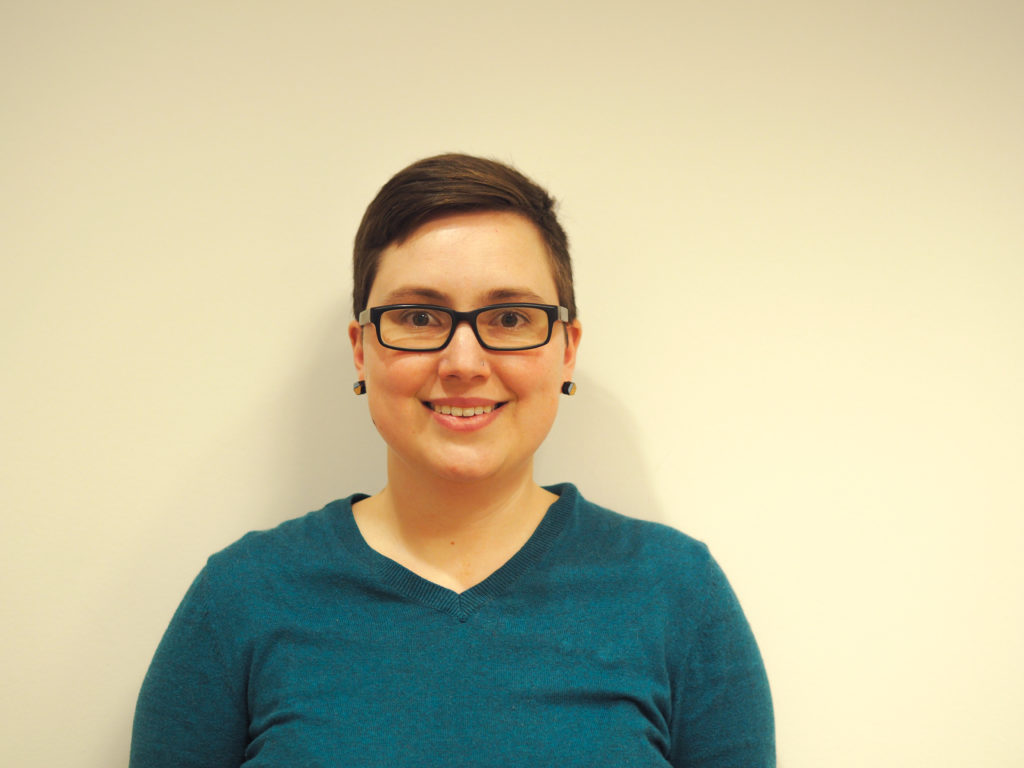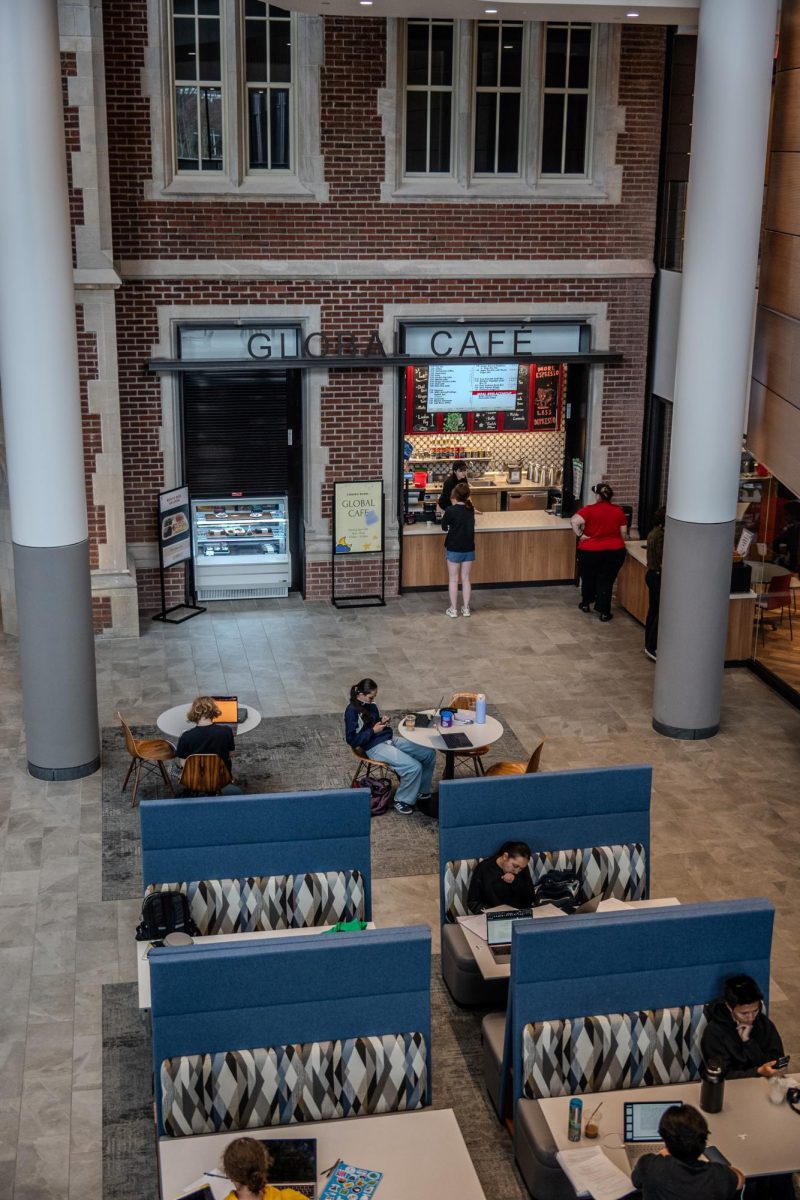This semester, the Office of Disability Resources and Assistive Technology Lab will be hosting the Disability Event Series. The series of four events is intended to open conversations about disability identity.
The first installment of the series on Friday, March 2 focused on learning disabilities. The next event, “Vocational Rehabilitation Services,” will occur on March 15 and focus on informing students of their resources once they leave Grinnell and enter the workforce. That event will be followed by the “Know Your Rights Workshop” on April 4, run by an advocate from Disability Rights Iowa, who will inform students about the impacts of the Americans with Disabilities Act (ADA). Finally, there will be a “Disability and Identity Panel Discussion” on April 20, where a panel of disability experts will give short presentations, break off to talk to individual students in small groups and then reconvene for a Q&A.
Maddie O’Meara ’17, who works in the disability resources office, helped plan these events with Autumn Wilke, assistant dean for disability resources, to address what she saw as a lack of discussion about disability identities at Grinnell.

“When I was a student here I had accommodations, and spent a lot of time talking to other students with disabilities about things we’d like to see on campus. One of the main things that kept coming up is us wanting to have conversations about disability identity. I was also a sociology major and was sort of disappointed to see disability sort of glossed over in conversations about identity, power and privilege,” O’Meara said.
As a student, this prompted O’Meara to set up an informal survey in which she asked people to drop rocks in jars labeled with the names of events they would like to see on campus. This was the foundation for the Disability Event Series.
The learning disabilities event, hosted by Professor Kirsten R. Brown from Edgewood College, consisted of two presentations, one for staff and another for students. In the discussion for students, Brown focused on answering their questions. She discussed broad social patterns and inequalities associated with learning disabilities and shared tips with students for succeeding in college with learning disabilities.
When talking about dealing with disabilities in a college environment, Brown said, “You’re bridging the gap of power between student and faculty. You’re also bridging the gap between someone who’s occupying this campus for a very short period of time, and someone like a tenure-track faculty member who’s essentially moved here and has been here for 30 plus years, so their concept of time and change is very different from your concept of time and change.”
She encouraged students to advocate for themselves and create positive change in how their professors approach learning disabilities. One of these strategies is asking professors to let students use multiple means of assessment other than just papers and tests. For instance, a student could ask to make a movie as a substitute for some of their writing assignments. Wilke added that many professors on campus are vocal advocates for multiple means of assessment.
Brown also discussed the experience of dealing with learning disabilities in doctoral programs.
“I’m 37 and I’m just now getting to the point of saying I wouldn’t change how my brain works and for the majority of the population, my brain does not work like yours,” Brown said. “When I was applying for doctoral programs, I was trying to figure out how to talk about disability. I had to put myself out there in my application process and say ‘I have a disability, and how are you going to handle that?’”
Brown additionally confronted some larger societal issues that those with learning disabilities face. Responding to a student who was not sure whether they had a learning disability or not, she said, “This is the most common problem with learning disability. It’s a combination of how we socially define disability as needing to have a diagnosis in order to be valid, and that diagnosis costing several thousand dollars to exclude a very large portion of the population.”
Students and faculty alike can look forward to learning more about disabilities in the upcoming weeks, as even more speakers come to campus.





















































